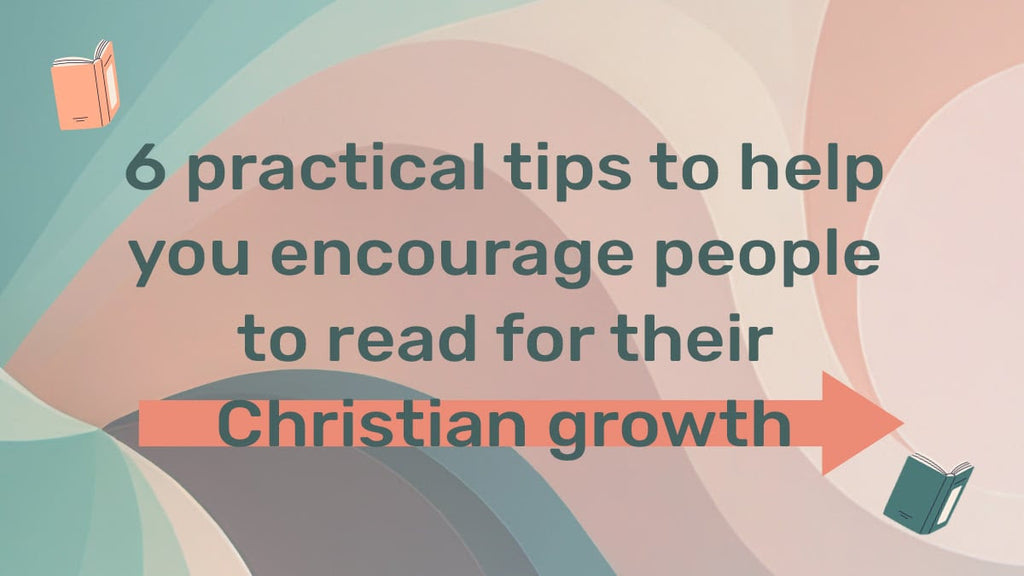The disease of more
A while back, a friend emailed me a ‘must-watch’ YouTube video: a panel discussion on the ‘Top ten enemies of board gaming’. What issues or challenges make the board game hobby less enjoyable and more frustrating than it would otherwise be? (And yes, I just outed myself as a geek.)
Before you dismiss this video as some dark corner of the internet infested with basement-dwelling nerds, let me say this was a genuinely edifying conversation. One of the big themes of the discussion, and one of the reasons that I and so many others love this hobby, is that healthy board gaming teaches (and requires) consideration of others. It’s a relational pursuit that often forces you to sacrifice some of your own preferences for the collective enjoyment of the group.
But I digress. As I watched the discussion, I started to ponder what I’d identify as my ‘enemies of board gaming’. And one idea very clearly rose to the top of my imaginary list: the disease of more.
Here’s how the disease of more works for board gamers: “Sure, I may have a curated selection of 50 amazing games on my shelf, but look at this new game! I don’t have that one! My collection feels incomplete without it. I need it!”
The disease of more takes what should be a satisfying, enjoyable hobby and makes it unsatisfying. It causes me to overlook what I already have—and the real people I could be playing with—for some hypothetical future moment of enjoyment. It makes the whole thing about ‘the thrill of the chase’, rather than about actually enjoying what’s before me. It cultivates a broader lack of contentment, training me to constantly chase the next thing. (And to all of this, my long-suffering wife says a hearty amen.)
But the disease of more doesn’t just threaten to spoil board gaming; it doesn’t only afflict those who are obsessed with particular hobbies. The disease of more penetrates and infects almost every part of our lives.
A young woman arrives home from her gap year in Europe. It’s been an amazing adventure, but the travel bug hasn’t been killed: it’s been fed. She starts to plan her next trip. Maybe South America this time …
A middle-aged man unboxes his new phone. It has toy status for the first couple of weeks, and a few people at work comment on it, but it’s soon assimilated into his life. He’s no more entertained, organized or connected than before. He’s no happier. Maybe he’ll get an Apple Watch …
A couple finally find a new TV show that they both enjoy, and they start binge-watching together. They get through all six seasons in a few weeks, so they ask around and see if anyone can recommend another good show. They finally find one that they both enjoy …
I once worked in advertising. Our clients weren’t coming to us saying, “We’re selling an essential product that consumers already know they need. Could you just help us tell them how to buy it?” It was the complete opposite. Clients came to us with products that, let’s be honest, hardly anyone needed. It was our job to make consumers believe they needed the products. It was our job to feed the disease of more. David Foster Wallace was exactly right when he said that advertisements exist for one basic reason: to “create an anxiety relievable by purchase”.
U2’s front man Bono once sang, “What you don’t have, you don’t need it now” and they’re great words to live by. But, perhaps in a more honest moment, Bono also penned these lyrics: “I don’t believe in riches, but you should see where I live”. The disease of more has a way of confusing us and blinding us to what we know to be true.
The problem is that the disease of more cannot be cured by one more purchase; that’s like trying to beat Vegas by playing the slots longer. The disease has had its way with us. And the advertisers’ task isn’t finished when you make a purchase; their job is to draw you in to make the next purchase. When John D Rockefeller—the richest man of his era—was asked how much money it takes to make a man happy, he replied: “One more dollar”. The whole system is a lie.
The only way to have a chance of fighting off the disease of more is to change the rules of the game.
Jesus said, “Take care, and be on your guard against all covetousness, for one’s life does not consist in the abundance of his possessions” (Luke 12:15). Every time the disease of more nips at our heels with its lies, perhaps we’d do well to recite Jesus’ words: “My life does not consist in the abundance of my possessions. My life does not consist in the abundance of my possessions.”
We also need to recognize the depth of the problem. The disease of more is actually just a symptom of the real disease: the disease of sin.
This is why I’m fascinated by Romans 7:8: “But sin, seizing an opportunity through the commandment, produced in me all kinds of covetousness”. Notice what that verse tells us: “Sin … produced in me … covetousness.” Now hang on, surely covetousness is sin. It even makes the Ten Commandments! So is this just saying, ‘sin produced sin’?
I think something more is going on. In the early chapters of Romans, ‘sin’ is the deep attitude of cosmic treason against God—humans dethroning God and trying to put ourselves in his place. This attitude, sin, produces all kinds of sins, one of which is the disease of more.
Our real enemy is not advertisers and the stuff they’re trying to make us buy; it’s the heart that tries to shove God off his throne so we can do it our way. Romans 1 tells us that when we remove God from his throne we put all manner of created things—including material things and the endless pursuit of them—in his place. The only real inoculation against the disease of more is for the endlessly satisfying God to reclaim his rightful place on the throne. The way he does that is through the gospel of his Son, who replaces the fruitless cycle of acquisition with his own wonderful presence.
Our lives do not consist in the abundance of our possessions. But praise God that Jesus didn’t only dispense some wise words on how to combat the disease of more. Praise God that he died and rose again to provide the cure.










